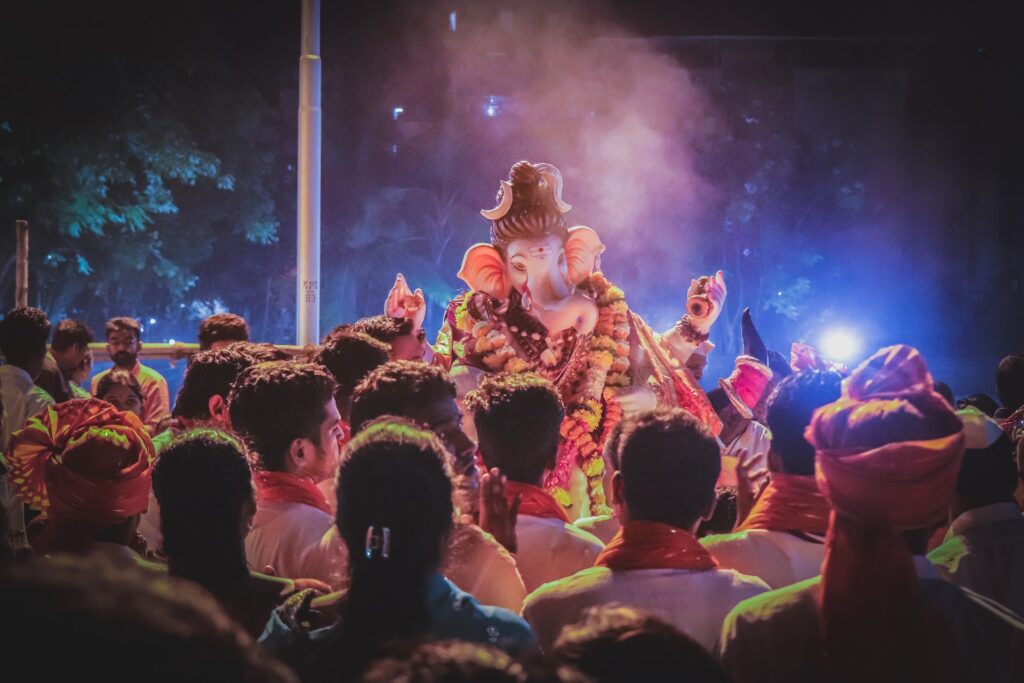Baisakhi, also known as Vaisakhi, is an important festival celebrated in the Indian state of Punjab and other parts of India. It is celebrated on April 13 or 14 every year, marking the beginning of the Hindu solar new year and the Sikh new year.
For Sikhs, Baisakhi holds a special significance as it marks the birth of the Khalsa Panth, a community of initiated Sikhs. On this day, Sikhs gather at gurudwaras (Sikh temples) and participate in the Amrit Sanchar, a ceremony in which they are initiated into the Khalsa Panth by drinking Amrit (holy water) and reciting the Sikh scriptures.
In addition to religious celebrations, Baisakhi is also a time for cultural festivities. The day is marked with vibrant processions, Bhangra and Gidda performances, and the traditional folk dance called Gatka. People wear colorful traditional attire, with men dressed in colorful turbans and women in bright, flowing suits.
According to the myth, in the late 17th century, the tenth Sikh guru, Guru Gobind Singh, created the Khalsa to inspire his followers to resist oppression by the Mughal Empire. On the day of Baisakhi in 1699, he baptised the first members of the Khalsa in a ceremony known as Amrit Sanchar. The Khalsa became renowned for their bravery, loyalty, and discipline, and played a crucial role in defending Punjab against invasions. The story of the founding of the Khalsa is often used to emphasise the importance of courage, sacrifice, and devotion in the Sikh faith, and as a symbol of resistance against oppression and injustice.
Another important aspect of Baisakhi is the harvest festival. Farmers harvest their crops and offer thanks to God for the bountiful harvest. People also prepare special dishes like langar, a community meal, and traditional sweets like jalebi and ladoo.

